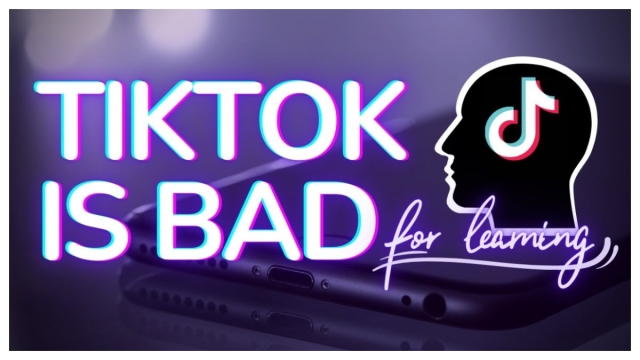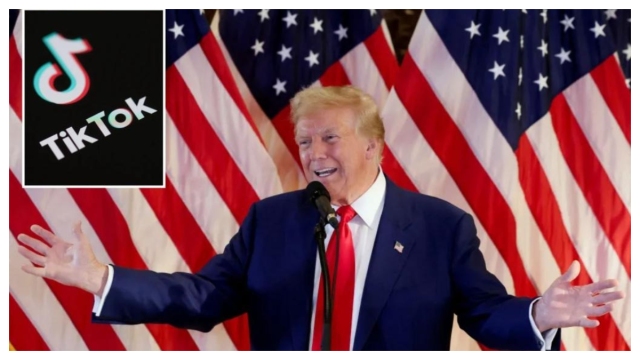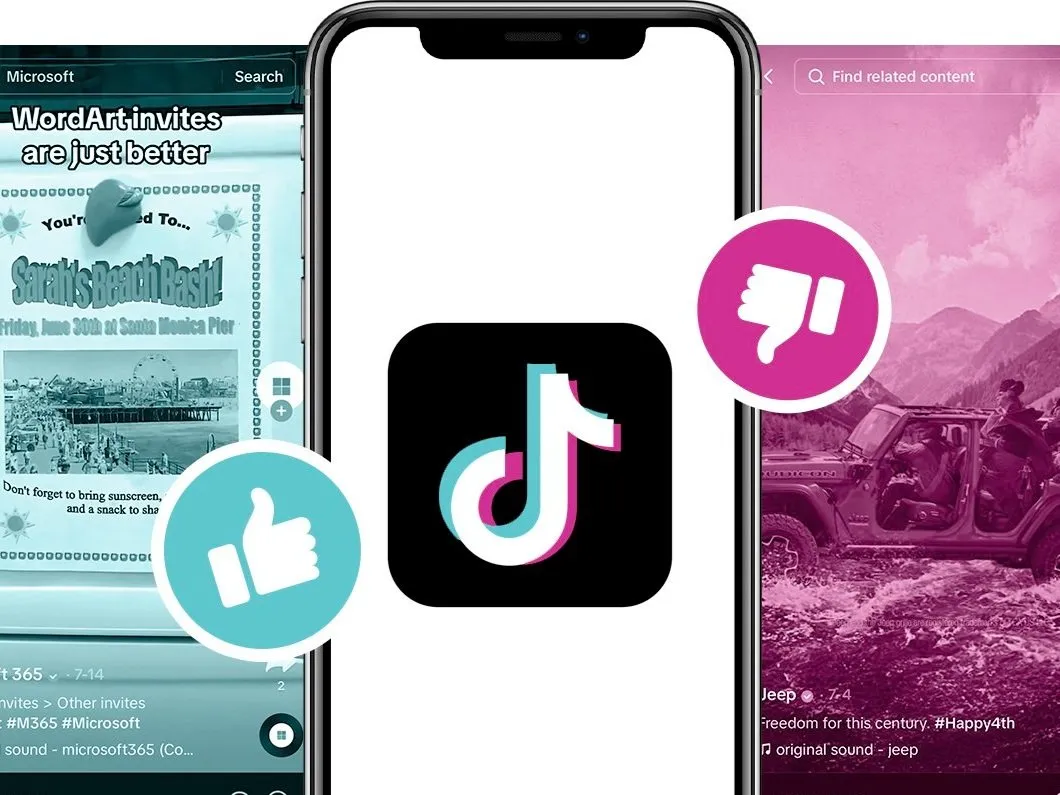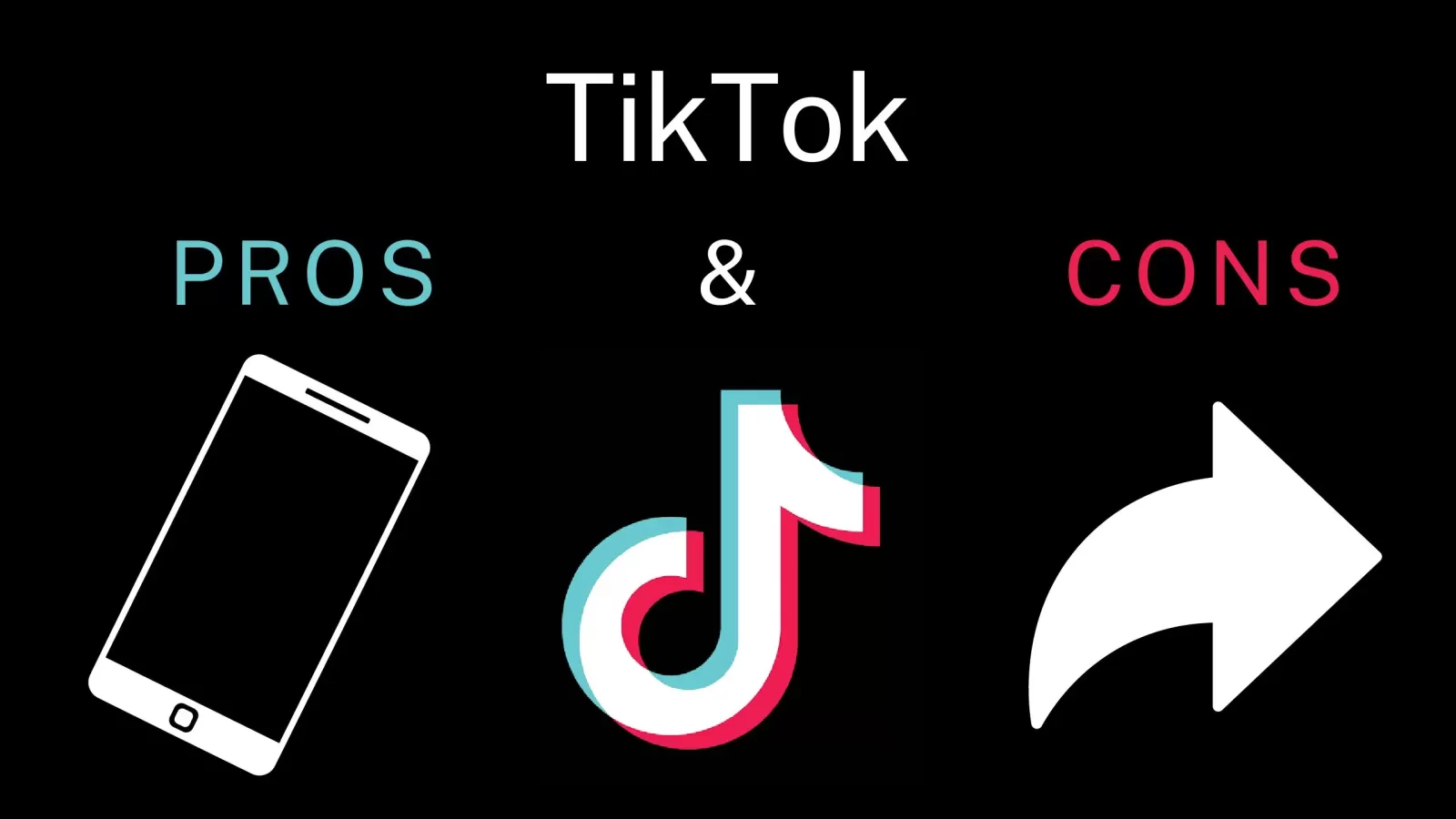Is TikTok Good or Bad? Examining the Debate
TikTok has grown into one of the most influential social media platforms since its creation in 2016, captivating millions globally, especially younger generations. However, its meteoric rise has sparked debate. While the app is lauded for its creativity and community-building, critics highlight its potential risks, including addiction, privacy issues, and exposure to inappropriate content. This article delves into the question: Is TikTok good or bad?
1. Why Is TikTok So Popular?
TikTok’s appeal lies in its ability to deliver short-form, engaging video content through an algorithm that personalizes recommendations. The “For You” page showcases videos tailored to users’ preferences based on their interactions, creating a seemingly endless stream of entertainment.
The app’s focus on creativity is another key factor. Its editing tools, filters, and music options empower users to create unique content. Features like duets and challenges encourage collaboration and participation, fostering a strong sense of community. Additionally, TikTok’s integration with platforms like Instagram and Snapchat has amplified its reach, attracting a wide range of users.
2. Benefits of TikTok
- Creativity and Self-Expression: TikTok provides a platform for users to showcase their talents, whether through music, art, or dance. Many creators have found opportunities to turn their passions into professions.
- Educational Content: Beyond entertainment, TikTok offers a wealth of educational videos. Users can learn cooking techniques, financial tips, and even new languages. The platform’s bite-sized format makes complex topics accessible and engaging.
- Community Building: TikTok fosters connections by enabling users to interact with creators and join trends. This sense of community has been particularly valuable during isolating times, like the COVID-19 pandemic.
3. Concerns About TikTok
Despite its benefits, TikTok has faced criticism for several reasons:
- Addiction Risks: The app’s algorithm is designed to keep users engaged, which can lead to excessive screen time and neglect of responsibilities. Overuse of TikTok has been linked to decreased productivity and mental health challenges.
- Inappropriate Content: Although TikTok has community guidelines, some users still encounter explicit, violent, or harmful material. This poses risks, especially for younger users.
- Privacy Issues: TikTok’s data collection practices and ties to its Chinese parent company, ByteDance, have raised concerns about user privacy and national security. Critics worry that sensitive data could be accessed by unauthorized parties.
- Lack of Regulation: Unlike traditional media, TikTok operates with less regulatory oversight, making it harder to enforce content standards and protect vulnerable users.
4. Balancing the Good and Bad
The question of whether TikTok is good or bad ultimately depends on how it is used. With proper safeguards, users can enjoy the platform’s benefits while minimizing its risks. For instance, parents can use parental control tools to manage their children’s screen time and restrict access to inappropriate content. Similarly, users can take advantage of TikTok’s privacy settings to enhance their security.
Related articles:
TikTok is Back Online in the US: What Happened and What’s Next?
Trump Will Give TikTok 90 Days Extension to Avoid a Ban
Everything Trump Has Said About the TikTok Ban and Its Future
Conclusion
TikTok is both a source of creativity and community and a platform with potential risks. While its popularity stems from its engaging features and user-driven content, concerns about addiction, privacy, and regulation cannot be overlooked.
Ultimately, whether TikTok is good or bad depends on how users interact with the platform and the measures taken to address its challenges. By fostering awareness and implementing safeguards, users can enjoy TikTok’s benefits while minimizing its drawbacks.
Maybe you are interested:

Why TikTok Is Bad For Everyone

Why Did TikTok Shut Down and Reopen in the U.S.?






